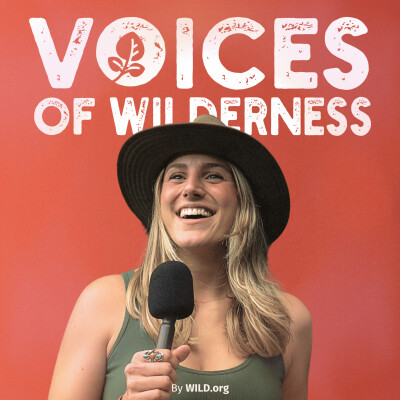Description
Looking back, it’s hard to find a time when humans weren’t part of the natural landscape. We’ve shaped the land for millennia, and conversely, the land has shaped us - yet, we often talk about nature as something separate from us. How do we redefine our relationship with the land when it’s always been somewhere within us?
For decades, we’ve tried to manage and control natural spaces. And while many efforts come from a place of care, they don’t always lead to the outcomes we expect. The introduction of invasive species, fire suppression, and attempts to manipulate entire ecosystems have often caused more harm than good.
Now, as climate change accelerates the migration of certain species—plants and animals moving beyond their historical ranges—we’re faced with new dilemmas. Should we intervene to help them? Or step back and let nature take its course?
Our guest, Dan Abbe, shares stories from a lifetime in wild places—from forest ranger work to time in the Peace Corps—offering insight into what it means to care for land without trying to control it. We reflect on the legacy of the 1964 Wilderness Act, the risks of "helping" nature, and the need to reimagine wilderness not as a space without people, but as a living system deeply entangled with human responsibility.
Before listening to the episode, please consider supporting our work at WILD.org, which allows us to dedicate time to creating these conversations for you.
Hosted on Ausha. See ausha.co/privacy-policy for more information.


